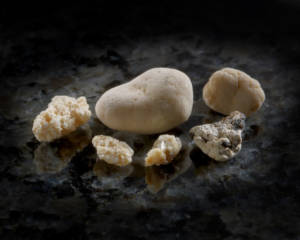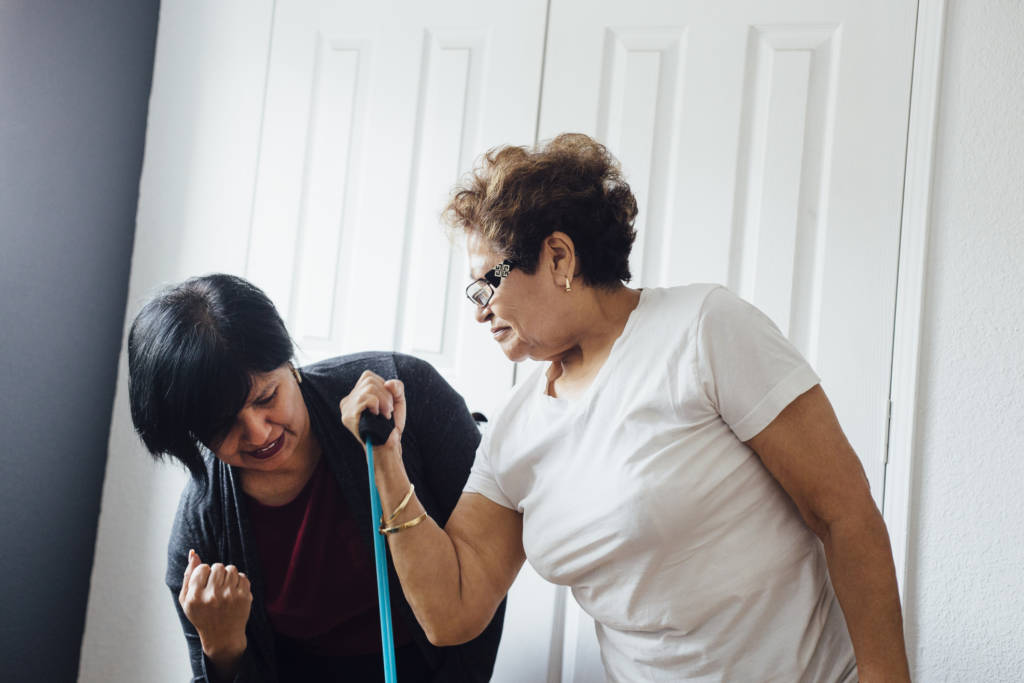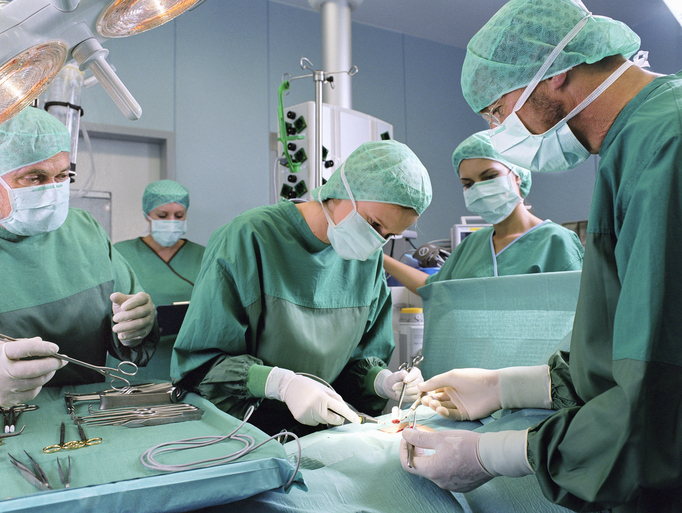What puts you at risk for developing kidney stones in the first place?
Dehydration: When you don’t drink enough water or live in a warm climate where you sweat a lot, you are at a risk for dehydration. So drink up!
Obesity: If you’re overweight or obese, you are at a higher risk for developing kidney stones. Check your Body Mass Index, exercise, and eat healthy.

High Protein Diets: Eating a diet that is high in protein, sodium, and sugar can increase your risk for developing kidney stones because it’s too much for them to filter out.
Family History: If a family member has kidney stones, more than likely you’ll get them too.
Medical Conditions: Inflammatory bowel disease, gastric bypass surgery, urinary tract infections and even certain medications can put you at risk.
Once you’ve had kidney stones, it’s important to watch what you eat. Your doctor will give you a long list of foods to avoid, especially those with high amounts of oxalate found in fruits, vegetables, grains and legumes, including:
- peanuts
- rhubarb
- spinach
- beets
- chocolate
- sweet potatoes
- tea
So what should you eat to prevent developing kidney stones? The majority  of kidney stone patients are advised to eat a low-fat diet, which means eating lean meats and laying off the steak and processed foods, which are packed with sodium. Eat citrus foods, such as oranges and drink plenty of lemonade because the citrate found in citrus prevents stones from forming. Limit the amount of calcium in your foods to 2 or 3 servings, and this includes, milk, cheese, yogurt and even tofu. Drink plenty of water and if you can eliminate sodas, even better–but if you have to always go with the lemon-lime or ginger ale, the clearer the better. Limit your caffeine intake to 1 or 2 cups a day, since caffeine can cause you dehydrate quicker. Stay healthy!
of kidney stone patients are advised to eat a low-fat diet, which means eating lean meats and laying off the steak and processed foods, which are packed with sodium. Eat citrus foods, such as oranges and drink plenty of lemonade because the citrate found in citrus prevents stones from forming. Limit the amount of calcium in your foods to 2 or 3 servings, and this includes, milk, cheese, yogurt and even tofu. Drink plenty of water and if you can eliminate sodas, even better–but if you have to always go with the lemon-lime or ginger ale, the clearer the better. Limit your caffeine intake to 1 or 2 cups a day, since caffeine can cause you dehydrate quicker. Stay healthy!






